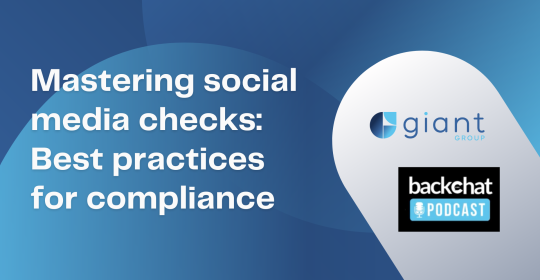The global job market is thriving, and companies are in high demand for top talent. However, many businesses end up hindering themselves by failing to rethink their recruitment processes, ultimately missing out on the best candidates.
Gen-Z demands transparency, diversity, and simplicity
Gen-Z, the oldest of whom will turn 29 in 2024, is increasingly raising expectations for the companies they want to work for. The application process is the first point of contact between the candidate and the organization, and many workplaces risk alienating potential future employees if they fail to meet these expectations.
Gen-Z seeks a transparent hiring process where it’s clear what criteria they are being assessed on. Submitting a CV and a cover letter is time-consuming for candidates, and the selection process often becomes too subjective, influenced by human bias. Meeting diversity goals is equally important, as Gen-Z values that everyone is assessed on the same parameters and recognizes the harm caused by companies with overly homogeneous staff compositions.
Simplicity and speed are also crucial. Research shows that a streamlined job application process significantly increases candidate engagement, leading to up to a 365% increase in conversion rates when applications take five minutes or less to complete. According to studies, 60% of candidates abandon the process if it becomes too long and complicated. This is particularly relevant for Gen-Z, who appreciate digital solutions, quick responses, and user-friendly platforms. For companies, a poor application experience can mean missing out on the best-suited candidates.
AI and automation could be the solution
By implementing technology that simplifies the process, companies can reduce the time candidates spend filling out forms and writing applications, keeping them engaged and ensuring they don’t give up midway. With the help of AI and automation tools, companies can retain candidate interest while simultaneously improving the quality and diversity of their hires.
Sara Shafiee, CEO of DivERS Tech, explains: “The younger generations entering the workforce today are extremely digitally literate. When an application process becomes too rigid—like when candidates are required to upload their LinkedIn profile and also manually fill in their CV—it leads them to reject the company. What companies need to remember is not just what these processes say about the application experience but also what they say about the company’s culture.”
“At DivERS Tech, we want candidates and companies to meet on equal terms. We achieve this with a new approach to the recruitment process, using AI to screen and find the best candidates for specific positions. In short, we aim to make it easy for candidates to apply for jobs and easy for companies to always find the best-qualified candidates,” Shafiee concludes.
DivERS Tech ensures fair and transparent hiring processes
DivERS Tech uses AI to remove unnecessary barriers in the application process, creating a seamless experience that appeals to today’s tech-savvy workforce. Through the platform, companies can streamline the process, offering a simpler, more efficient, and bias-free recruitment experience.
In a time of high demand for employees, companies can adapt by using technology that meets candidates on their terms. It should be online, engaging, and offer smooth solutions.
Sara’s three tips for a Gen-Z-friendly recruitment process:
1. Be transparent: All candidates want to know what they’re being evaluated on and that everyone is judged by the same criteria. Companies need to rely more on data-driven, objective insights rather than subjective gut feelings when screening candidates.
2. Make it easy: Most young people spend far more time on their mobile phones than on their computers, so naturally, they should be able to apply for jobs via mobile as well.
3. Make it fast: Don’t ask candidates to spend 1-2 hours writing an application that will never be read. Instead, ask the questions you truly want answers to. This creates a better experience for all parties involved.
For more information about DivERS Tech and modern recruitment processes, visit diverspros.com.
Data sources:






